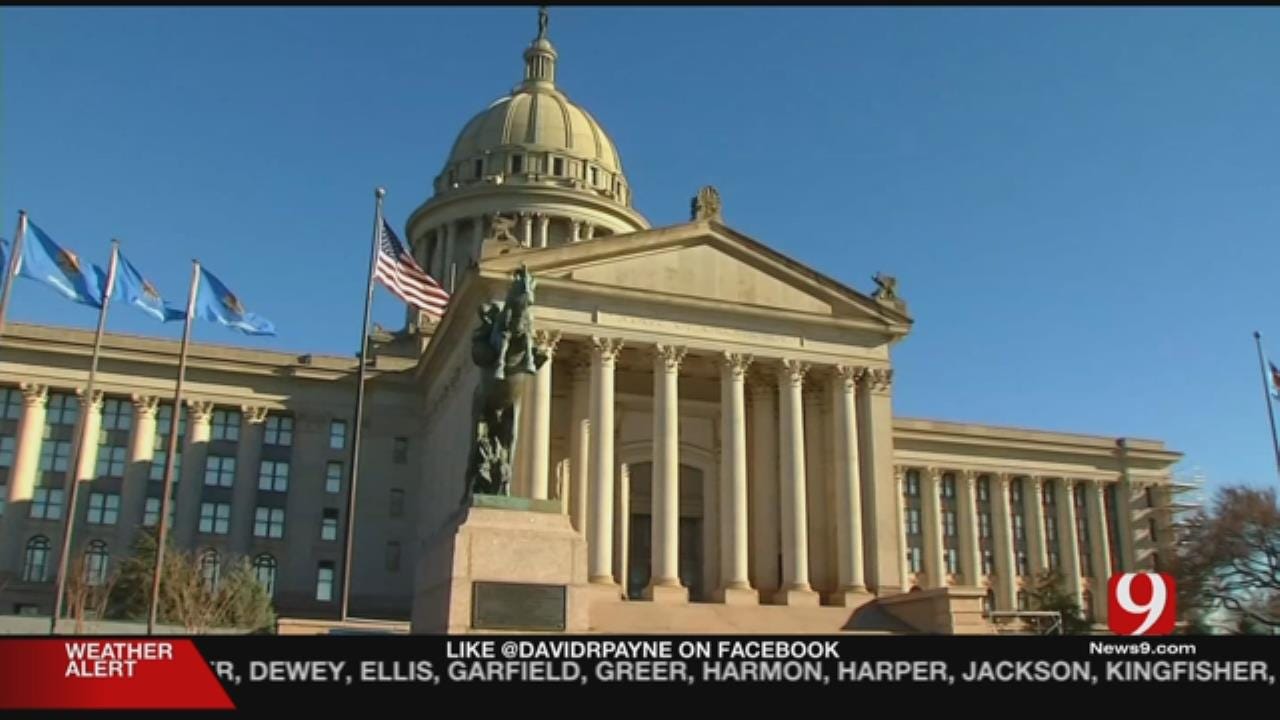State Agency Taps Into Rainy Day Fund To Pay Bills
<p>Oklahoma is broke, and the state has tapped its rainy day balance down to zero. The agency in charge isn’t talking about it. </p>Tuesday, March 28th 2017, 5:54 pm
Oklahoma is broke, and the state has tapped its rainy day balance down to zero. The agency in charge isn’t talking about it.
The state finance director’s office has drained $240 million out of the state’s rainy day fund, leaving it essentially empty, just to pay the state’s bills.
“It is a surprise,” said Rep. Scott Inman, House Minority Leader. “The word is they do this all the time, they just don’t tell us about it. But for them to raid the rainy day fund just to meet this month’s bills seems like a pretty desperate move.”
Inman said he knew it was bad, but he didn’t know it was this bad.
State Finance Secretary Preston Doerflinger moved the $240 million out of the rainy day fund to pay the bills, which he is legally allowed to do, but that leaves the state without a backup fund.
Doerflinger has not responded to our request for a comment and his spokesman refused to answer our questions on camera.
The revelation has state agencies trembling.
They’ve already been told to expect cuts as high as 14 percent.
For the Oklahoma Commission of Mental Health & Substance Abuse Services, that means a $52 million cut in state funding. With matching federal grants, it’s a loss of almost $80 million more.
What that means to you and me, according to director Terry White, is more crime, higher costs and more lives impacted.
“When you look at who are in these services that are going to be cut, right now we can only let the most ill in,” White said. “So these are people who without the medication and therapy that they desperately need are likely to end up in the criminal justice system, which costs us more as taxpayers. They’re likely to show up in the emergency room.”
The state, already grappling with an $878 million budget deficit next year, now has to hope it will raise enough money to get through this year and pay back the cash taken from the rainy day fund by July 1.
“We’ve tapped the rainy day fund completely and they’re hoping the money will come back here in a few months. You’re looking at a $900 million budget hole there’s no guarantees there,” Inman said. “I think the state ought to be concerned.”
More Like This
March 28th, 2017
November 13th, 2024
October 28th, 2024
October 17th, 2024
Top Headlines
December 22nd, 2024
December 21st, 2024
December 21st, 2024













